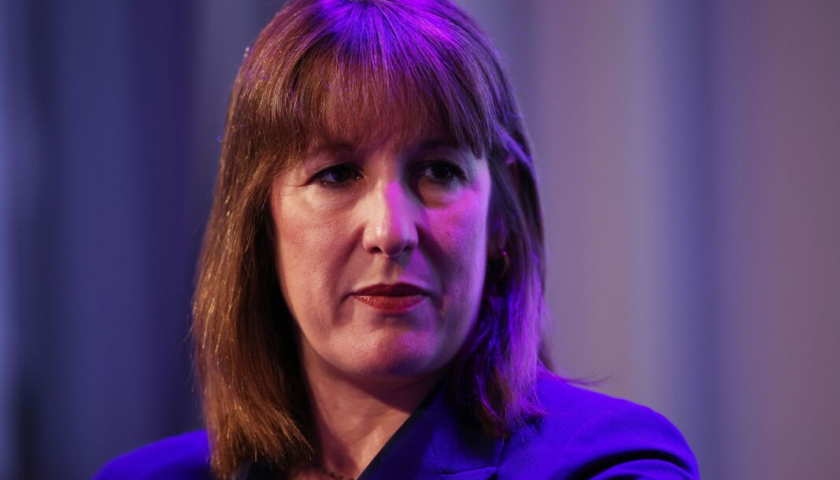New research highlights a rental sector undergoing significant transition. Amid economic pressures, regulatory changes, and evolving tenant expectations, landlords are adapting their strategies—focusing less on short-term expansion and more on long-term sustainability.
LRG’s latest lettings report reveals that 60% of landlords intend to retain their existing portfolios, signalling a sense of resilience and stability in a market facing widespread change. While 22% are considering exiting the sector, this trend is being driven primarily by rising operational costs, not a lack of tenant demand.
Rather than a mass exodus, the market is undergoing strategic reshaping. Among those planning to sell, 12% say they intend to reinvest in another property—often opting for more modern, energy-efficient, or lower-maintenance homes.
Although just 7% of landlords plan to expand their portfolios, this shift reflects a broader move towards consolidation and sustainable investment. In today’s environment, landlords are increasingly prioritising portfolio resilience and long-term viability over aggressive growth.
The latest analysis from LRG aligns with national trends pointing to a rental sector in transition—not retreat. While many landlords are considering changes to their portfolios, few are planning a full exit from the market.
According to The DPS Private Rented Sector Review, 52% of landlords are considering selling some or all of their properties, yet only 25% of those are contemplating a full withdrawal. The remaining 75% intend to reinvest or rebalance—a signal that landlords are adapting rather than abandoning the sector.
This trend is further supported by HMRC’s 2024 landlord study, conducted in partnership with Ipsos, which found that 60% of landlords entered the market as investors, while 40% either inherited their properties or originally purchased them as a primary residence. The findings highlight the diversity of landlord motivations and the need for policy approaches that support long-term sustainability over forced exits.
At the same time, certain property types are becoming increasingly difficult to manage. Older homes were flagged by 54% of landlords as the most challenging, followed by leasehold flats (29%) and larger family homes (11%). These concerns reflect rising pressure from regulatory complexity, energy efficiency requirements, and the high costs associated with leasehold management.
The findings mirror CBRE’s May 2025 PRS Insight, which noted a growing trend among landlords to divest from energy-inefficient and leasehold stock as part of broader efforts to de-risk portfolios and improve long-term viability.
Despite the pressures, landlords remain active and engaged. The main influences on portfolio decisions include regulatory changes (27%), tax policy (26%) and mortgage rates (11%).
According to the British Property Federation, landlords are increasingly thinking like institutional investors, focused on long-term returns and structural resilience.
Confidence in the future is still possible. When asked what would encourage them to grow their portfolios over the next two years, landlords pointed to tax reform (59%), regulatory clarity (17%), faster court processes (14%) and more support with energy efficiency upgrades (10%).
Demand across the sector remains strong. According to the NRLA, 71% of landlords continue to report high tenant demand, despite only 2% feeling confident in current policy direction, reinforcing the need for stability to unlock future supply.
Allison Thompson, national lettings managing director at LRG, said: “Landlords are not walking away from the sector. They are responding to a more complex environment with caution, clarity and long-term thinking. The story here is one of measured transition.
“This is still a market with committed landlords who want to provide good homes and make sound investments, but they need the right framework in place to do that with confidence.
“In a sector shaped by regulation, reform and demand-side pressure, landlords are not standing still, they are stepping forward with strategy.”
Contact one of our highly experienced mortgage advisors today on 0121 500 6316 to discuss your mortgage needs.



